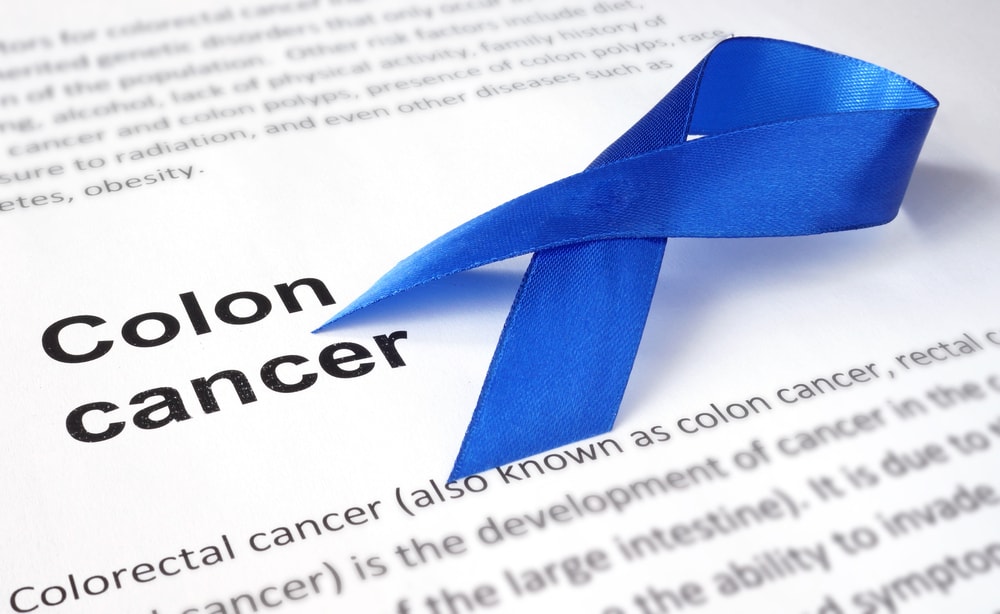Colon cancer, often referred to as bowel cancer or colorectal cancer, is the third most common cause of cancer deaths in the United States. Colon cancer begins in the large intestine or colon or the rectum (which is the end portion of the colon). It was estimated by the American Cancer Society that more than 135,000 people were diagnosed with colon cancer in 2014 out of which about 50,300 died from the disease.
Early diagnosis of colon cancer can lead to a good outlook but if cancer has metastasized to nearby organs i.e. it has reached Stage IV, the chances of survival are extremely low. Some common symptoms that indicate end-stage colon cancer is if cancer has metastasized to the liver it can lead to loss of appetite, excess pain in the abdomen, swelling in the legs, repetitive or recurring jaundice, etc.
if cancer has metastasized to lungs, common symptoms observed are blood in the mucus, trouble in breathing, etc.
Stage IV colon cancer is categorized into stage IVA, stage IVB, and stage IVC. Stage IVA is diagnosed when cancer has metastasized to a (one) area or organ that is not near the colon (distant), such as the liver, lung, ovary, or a distant lymph node. Stage IVB is diagnosed when colon cancer has metastasized to multiple organs or has covered a wider area and Stage IVC is defined when colon cancer has affected tissues lining in the abdominal wall or may have spread to other areas or organs. Colon cancer survival rate for stage 4 patients is estimated to be about 14%.
How to treat stage 4 colon cancer?

The diagnosis of cancer depends on certain factors such as the size of the tumor, its location, the area where cancer has spread, etc. The diagnosis helps in determining the stage of cancer. Almost in all cases, stage 4 colon cancer is not considered curable but treatment can always be effective to reduce the symptoms and decrease the severity of the condition and relieve from any colon cancer pain. Common treatments such as immunotherapy, chemotherapy, radiotherapy, targeted therapy, surgery, etc are recommended if colon cancer has extended to different parts of the body.
For Stage 4 colon cancer patients, chemotherapy is the best-recommended option. If chemotherapy is given before surgery, it is known as neoadjuvant chemo. In this case, the tumors are made to shrink which allows easy removal of the tumors through surgery. Ablation or embolization is another option which helps to destroy tumors in the liver. Doctors also recommend hepatic artery infusion procedure when colon cancer has spread to the liver. In stage IV cancer, doctors recommend surgery when the tumors are blocking the colon. Radiation therapy or immunotherapy methods are often preferred before surgery to shrink the tumor before removal.
Several new drugs are being evaluated and studied to determine the best way of administering the drug or to detect whether the drug has any anticancer activity in patients. Such drugs are considered to be in phase 1 of clinical trials. These trials or treatments cannot cure the condition but they can provide relief to the patient and also increase the lifespan to some extent. Treatment procedures for stage 4 colon cancer are associated with several risk factors and side effects. There are also incredibly high chances of Stage 4 colon cancer to reoccur. Special care involving routine check-up and proper medication is necessary for patients suffering from stage 4 colon cancer.



